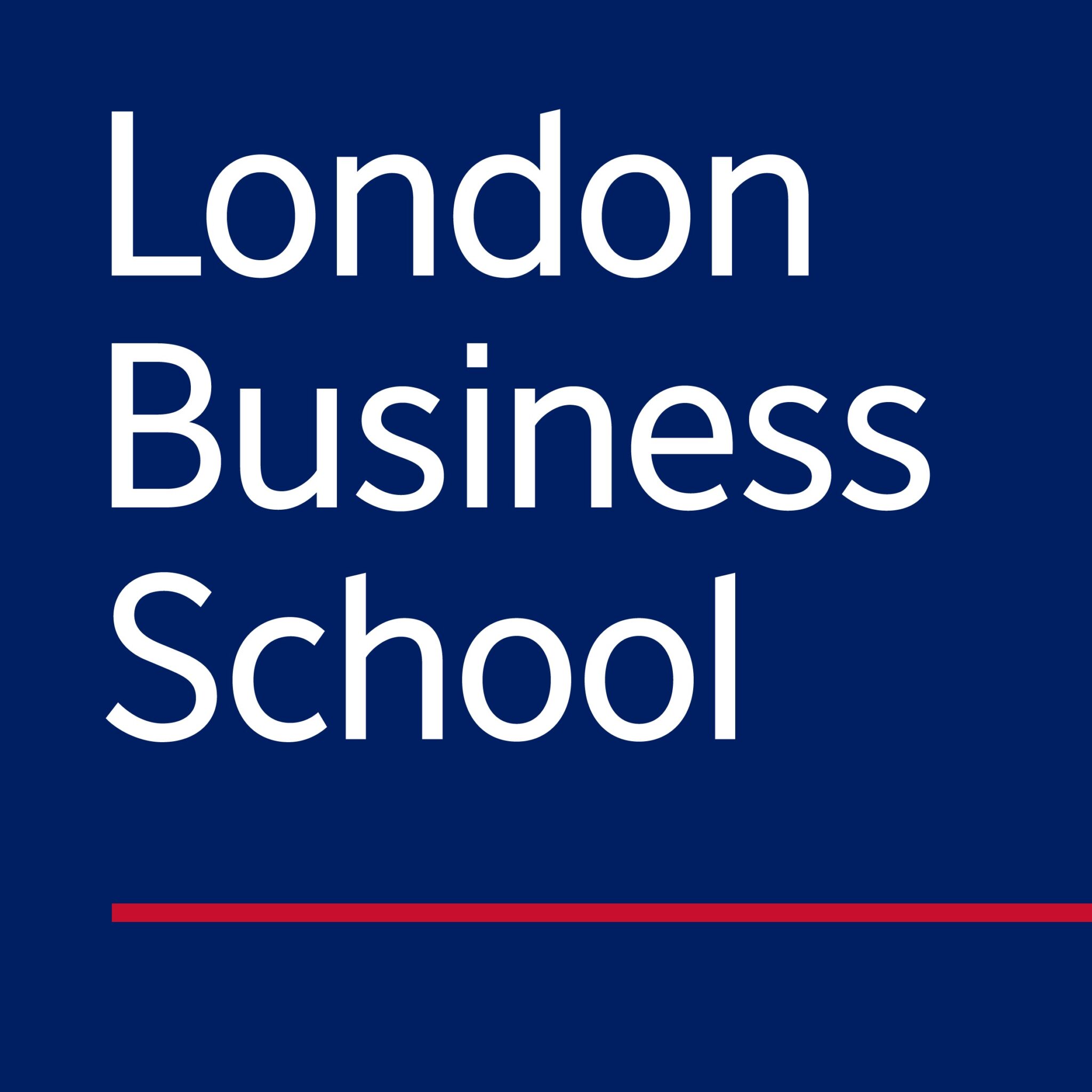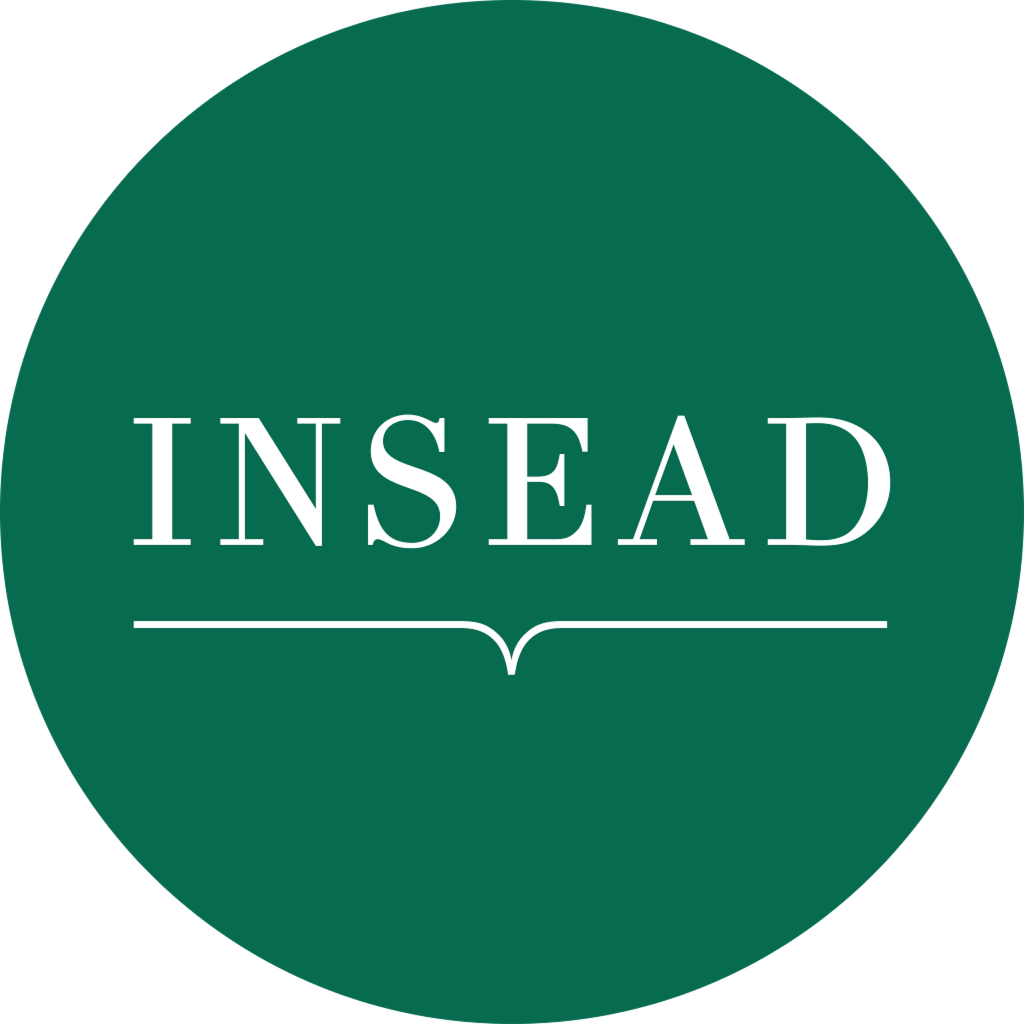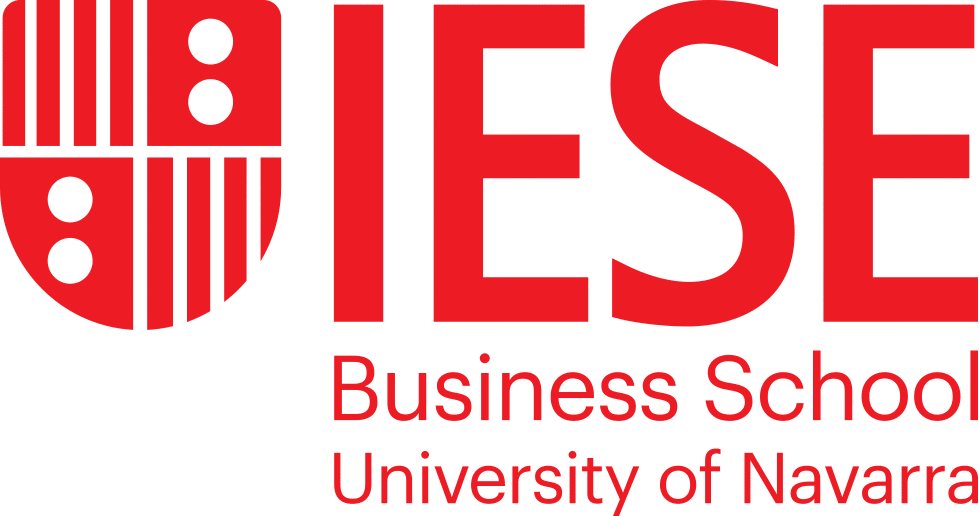In Part I of this series, I explained how I went from degrees in Law and Economics into a Private Equity internship in a large family office, followed by a full-time Consultant role in an elite boutique in France. What follows is an overview of a period of c.18 months where I made pretty much all the mistakes in the book while trying to break into private equity and even hit a severe standstill in my search process.
After my Private Equity internship, I had indeed joined a highly regarded consulting boutique in Paris and thought the path to getting a PE role would be a relatively standard one. However, this perfect roadmap started unravelling pretty quickly: through a combination of cultural misalignment at my firm and even more so, for some personal reasons, I left my job right after passing the probation period, at the six-month mark in order to pursue opportunities in NYC. I had personal ties in the US and had also started receiving multiple interview invitations for Strategy or Corporate Development roles in Consulting firms and F500 companies. It looked like a good way to reconcile my professional ambitions with my personal life – besides, the interviews in NYC were plenty and I felt somewhat confident that I could get a new role soon. After roughly four or five months, I indeed ended up getting a Senior Analyst role in the M&A and Corporate Development function of one the largest insurance firms in the US. They were highly acquisitive and were actually finalising one of the largest insurance mergers in recent history at the time I was interviewing, only waiting for regulatory approval. I returned to Europe and started working on some freelancing and other personal projects, while waiting for the visa process to start, and…the US offer was rescinded because the employer could no longer sponsor a visa. This is where things became really interesting (or difficult, depending on how you want to call it). I was back in Europe, after roughly six months of interviewing in the US – a significant resume gap that was quite difficult to explain without delving into story times that nobody wanted to hear during an interview. What followed for six months after my return, was a truly infernal cycle: getting interviews, having to explain the gap and then losing out the role – wash, rinse and repeat. In the middle of this mess, I somehow managed to get an interview with a US large cap PE firm for an internship in London, potentially conducive to a full-time role. Wonderfully enough, my story up to that point did not seem to hold them back and I progressed through the different rounds up to the final one – where my case study model was apparently good, but could not compare to the one from the candidate with one year of M&A experience from Goldman Sachs. This was to be the last real opportunity to make it into the industry I would have for a long time. This coincided with the end of the year and when the new year started, I not only had a non-traditional background and a CV gap. Both topics had become the biggest part of all the interviews I was managing to get – barely ever allowing me a chance to get to anything technical. I was not even sure why I was being called to interviews at that point and I think my defeatist attitude did show more than I wanted. Something I wish I had been able to be more aware of, is that getting an interview call signifies that the recruiting team does perceive potential, no matter how small. Depending on how messy your story is, the bar does get indeed higher to convince the recruiters that you are a good choice by telling your story in a cogent, non-defensive manner – regardless, being called into the interview room does mean you have a chance as a candidate. As a tentative fix, I would practice telling my story to my friends (a few consultants and mostly people working in Law or Economic Research and who did not really have a good view on how to explain my story properly in the context I needed it). I obviously knew my own story, but did a fairly poor job at selling myself – as I was personally convinced that I did not have much of a selling point anymore. This is where I think, once again, there would have been tremendous value in having access to objective experts’ advice on how to best present my experience. PE firms have indeed access to so many strong and standard profiles (top academics, top experience) and I was overly aware of what it meant in terms of my limitations, but had no clue on how to leverage my differences as a selling point. After several months of this, the interviews became harder and harder to come by. I had no luck with head-hunters either: I found that convincing top PE recruiters to give me that first encounter was a major obstacle and direct outreach yielded no results at all.
I realised that the transition would be even more complicated than I expected. I was progressing through the rounds for a Consultant role with two MBBs back in Paris, but had already landed an offer with a lesser known boutique in London. I had worked with them as a freelancer during my dry spell and knew for a fact they were doing strong work and were a good bunch of people to work with. I had also become really risk averse by that point and ended up just taking that offer and moving to London. The London consulting boutique basically covered Strategy and CDD work with large clients, comparable to the work done by some of the larger firms (including my previous firm), minus the brand name. Still thinking about making the PE transition later, my strategy became to leverage the training I had received in my previous firm to position myself for the most analytical projects possible in my new firm, in the hope this could help me build a sellable project experience. I would do anything quantitative, CDD-related, anything that allowed me to take the lead on analysis and building models. Given the small size of the firm, the exposure was quite large and I could also present to clients. Once in a while, I would still try my luck with random PE Analysts or Associates openings online. I would also multiply attempts at reaching out to industry professionals just to gain clarity on where I stood – with limited industry contacts, having a bit of direction was what I cruelly needed the most at that point. The few people who would reply to me on LinkedIn would insist on the fact that the transition for me would probably be extremely challenging. Some suggested Business School – but after two masters, returning to school did not seem appealing at all to me and with no solid experience yet, I worried it would also appear as a giant red flag once I would try to recruit again. This period lasted roughly nine months, where I would try different strategies, switching things a bit on my cover letter, trying to make my resume more appealing, emphasising all the quantitative work I could. I would then cast my net and see how many fishes I was able to pull back from the muddy waters of PE recruiting. I somehow felt that the more I was able to own up to the differences of my background, the more confident I was becoming in my abilities and the closer I was getting to my goal – although, I was still not getting invitations…
Around the 18-month mark at the London boutique consulting firm, and despite my inner intuition that the end was near, it seemed like I had hit a complete roadblock. I had practically no contact with PE head-hunters: very few would ever answer to my emails, those who would accept a phone call often told me they had no opportunities fitting my profile or they would recommend me for Corporate Strategy roles in which I had no interest at all. A couple of times, smaller head-hunting firms would put me forward for roles in lower mid-market firms where I would typically not pass the first selection. Small PE funds saw me as too much of a gamble, with no resources to train a Consultant with limited investing experience. I was not being recommended at all to larger places; firstly because I myself never dared expressing to head-hunters that larger funds could be of interest to me (I feared to be ridiculed) and secondly, my guess at the time was that even if I somehow managed to be recommended for an interview in a larger place, similarly to what had happened when I lost out the large cap internship to the Goldman Sachs’ M&A banker 18 months prior, I would not be able to make the cut in the face of all the seemingly much stronger profiles than mine.
With no other option, I thought that I did not have much to lose anyway and started reaching out directly to the HR offices of some of the PE houses I was interested in speaking to. I redacted targeted emails, highlighting specific deals and somehow this approach seemed to finally yield fast results. The tipping point of my recruiting process was when the New York Head of HR of a PE mega fund forwarded my resume to their London office and they got back in touch with me. I was actually shocked to get any type of interest from them, given that multiple smaller funds had ignored me. The London HR put me in touch with the head-hunter who was running their process later that year and asked them to include me in the loop (incidentally, this was a head-hunter I had reached out to barely a few weeks prior and who had explained they were not in a position to help me). Following exactly the same direct approach, another mid-cap firm in London showed interest in meeting me when their Associate process would kick in a few months later. It is not to say there were no hiccups still: I ended up not doing the process with the mega fund, for instance – somewhere in the back and forth with the head-hunter, I somehow ended up not being put forward. Then, with the mid-cap fund, I progressed through a few rounds and did not make it to the final one: to approach the case study, I had relied on some famous online training platforms, however, during the interview stage, it just felt that the material online were very academic and bore no similarity at all with the expectations from a real case study. The good thing with all this however, was that at that point I felt I started to understand how to turn the situation around. Two or three more HRs connected to indicate interest in having me interviewing later, despite not recruiting immediately. I think the biggest impact the direct approach to HRs had, was that it put me back in the loop with almost all the top recruiters in London – suddenly, I had become a candidate worthy of their attention and started getting phone calls, in-office meetings invitations… That part of the journey was also interesting because it reassured me that my background could still be somewhat appealing, including to prestigious funds, despite a somewhat checkered path. The most important learning here I think, for many “non-traditional” candidates or candidates with “professional accidents” on their resumes, is to persevere and stop self-eliminating. I have done it myself: disregarding some opportunities or not voicing enough my real ambitions. I can absolutely see how many qualified candidates likely self-censor from trying to reach their career goals because in their minds, they did not previously achieve the required perfect combination of school and experiences. Furthermore, I personally was self-limiting in other ways: although my true preference was always for mid or large cap funds (as I am interested in working on large and complex transactions), for over a year, I kept approaching mostly small and lower mid-cap PE funds as I did not really believe I had a chance with the larger firms. While it is true that some firms (regardless of size) are inherently too risk-averse to give a chance to an atypical candidate, it remains the case that other firms would still give consideration to an applicant with a compelling story as well as strong skills demonstrated during the interview. However, there can also be so much mystique around the Private Equity industry, the required standards (varying with each firm, sometimes at odds with one another) and as a non-traditional candidate, having access to resources that help you better understand your strengths and how to decipher expectations could have made my journey easier. Having learned from all this, I then embarked on a very disciplined six-month process that led me straight to the role I wanted. In Part 3, I will cover in more detail what precise preparations I made on a daily basis to land a role in a leading Tech fund in London as well as some of the final hurdles I had to navigate as a candidate.






